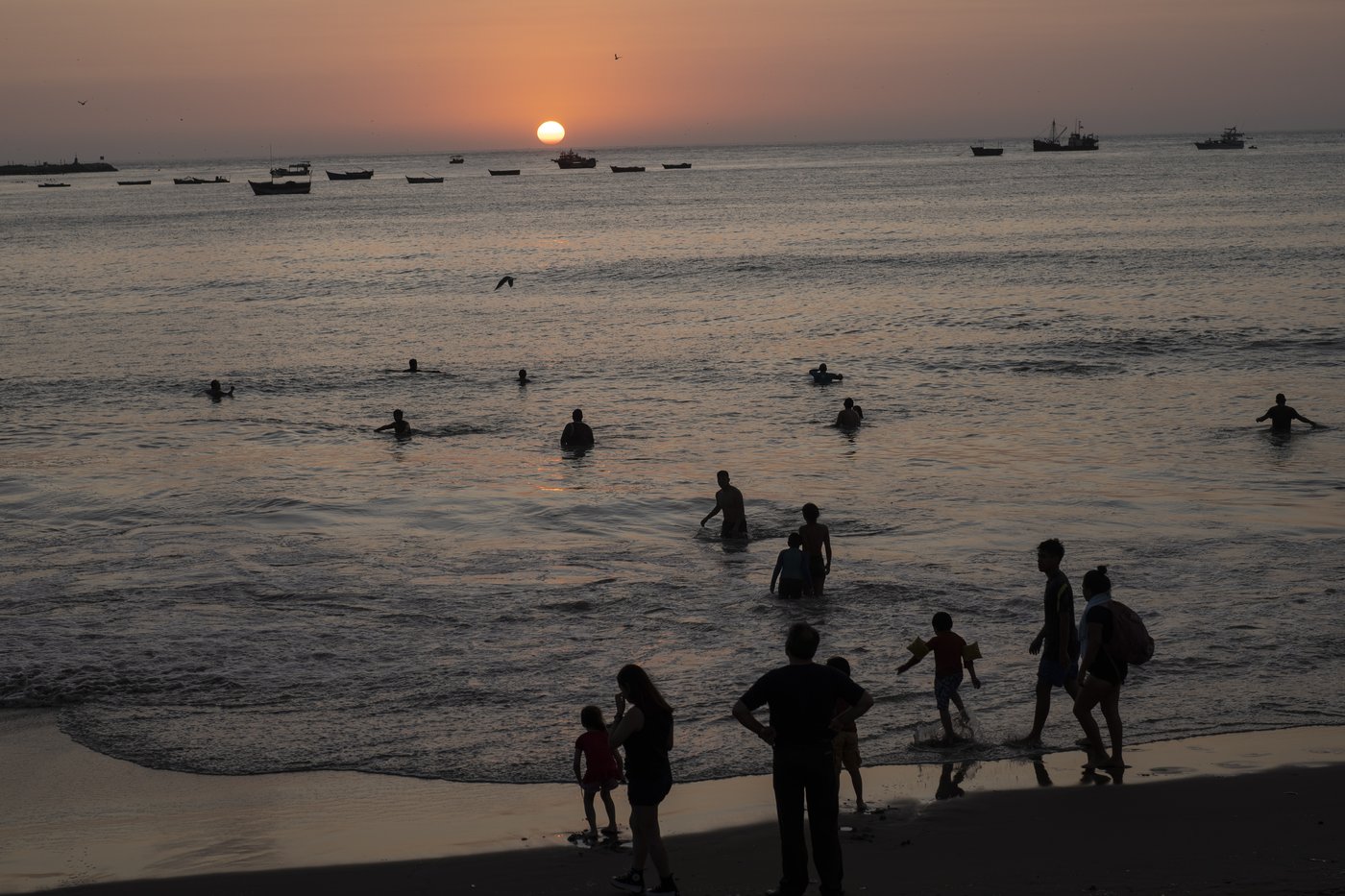Praise poured in from Canadian environmental groups on Sunday for a newly signed treaty that will help protect biodiversity in the high seas, where conservation efforts across vast stretches of the planet have historically been hampered by a confusing patchwork of laws.
The unified agreement treaty, which applies to nearly half the planet’s surface, was reached late Saturday after it was agreed upon by United Nations members.
Greenpeace Canada called it a monumental win for the world’s oceans, and SeaBlue Canada praised the deal as an incredible move for marine protection.
“This is the largest conservation effort in history,” Sarah King, head of Greenpeace Canada’s oceans and plastics campaign, said in an interview on Sunday.
“This is a moment that all people should be celebrating.”
King said the treaty will be used as a tool to improve the governance of the high seas, as well as for global governments to achieve the U.N. Biodiversity Conference’s recent pledge to protect 30 per cent of the planet’s waters and land for conservation.
“Scientists have said that 30 per cent protection is the minimum that we need in order to begin to restore marine biodiversity and allow marine ecosystems to build resilience in light of climate change and plastic pollution and all the other threats that they face,” King said.
“So it’s really important that governments act quickly to create a network of protected areas in the high seas.”
She said it’s now up to Canada — and all global governments — to ratify and implement the treaty as soon as possible.
“I’m very proud of Canada’s contributions during the negotiation process and how we engaged with countries to build support to achieve this agreement,” Minister of Fisheries, Oceans and the Canadian Coast Guard Joyce Murray said in a statement.
“I look forward to working with our international partners to implement this landmark agreement and on integrated, holistic approaches to ocean conservation.”
Foreign Affairs Minister Mélanie Joly and Environment Minister Steven Guilbeault also celebrated the treaty in a joint statement issued alongside Murray.
“Our oceans are at the core of who we are as a country. With the longest coastlines in the world, marine and coastal areas are essential to Canada’s economy and to Canadians’ livelihoods across the country,” the ministers said in their joint-statement.
“We will continue to work with our international partners to promote a bluer, cleaner, more sustainable world.”
An updated framework to protect marine life in the regions outside national boundary waters, known as the high seas, had been in discussion for more than 20 years, but previous efforts to reach an agreement stalled repeatedly.
The new treaty establishes ground rules for conducting environmental impact assessments for commercial activities in the oceans.
Several marine species — including dolphins, whales, sea turtles and many fish — make long annual migrations, crossing national borders and the high seas. Efforts to protect them, along with human communities that rely on fishing or tourism related to marine life, have long proven difficult for international governing bodies.
Laura Meller, an oceans campaigner for Greenpeace Nordic, said China and The High Ambition Coalition — which includes the European Union, United States and United Kingdom — were key players in brokering the deal.
“Now the hard work of ratification and protecting the oceans begins,” Meller said in a statement. “We must build on this momentum to see off new threats like deep sea mining and focus on putting protection in place.”
SeaBlue Canada was also quick to praise the new agreement.
“This is an incredible move for marine protection across our ocean,” the organization wrote in a tweet. “Thank you for the incredible work that went into this historic moment.”
This report by The Canadian Press was first published March 5, 2023.
— With files from the Associated Press.
Related






























